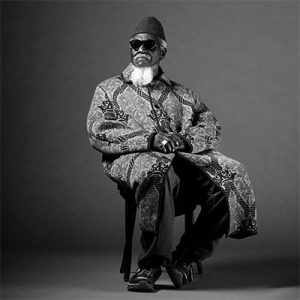12.01.2020 – News – The New Yorker – Nathaniel Friedman — – Details
Pharoah Sanders
Jazz musicians have always placed a premium on «saying something.» Technique, training, and theory will only get you so far, and may even lead you in the wrong direction; what matters is the ability to hit on an emotion or an idea that feels at once familiar and revelatory—to speak a common language in a decidedly uncommon way. — From this standpoint, few musicians have said more than the saxophonist Pharoah Sanders. Born in Little Rock, Arkansas, the son of a school-cafeteria cook and a city employee, Sanders moved to New York in 1962, at the height of jazz›s postwar avant-garde—also known as «free jazz» or «the new thing»—which was spawned by the late-fifties experiments of the saxophonist Ornette Coleman and the pianist Cecil Taylor. Sanders›s début album, recorded in 1964 for the ESP label, garnered little attention, but his playing caught the ear of John Coltrane. Coltrane invited Sanders to join his band in 1965. The following year, Impulse!, the label that had been exhaustively documenting Coltrane›s evolution, gave Sanders another chance to record as a leader. The result was the surging and expansive «Tauhid,» an album that positioned Sanders as both Coltrane›s foremost disciple and an artist with ideas of his own.
SK-try202*



